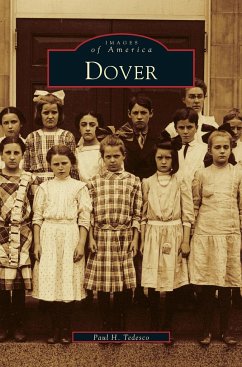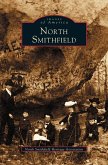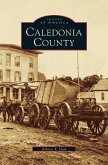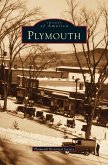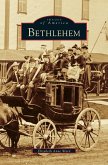Originally part of the Dedham Grant of 1635, Dover, Massachusetts, became Dedham's Fourth Precinct in 1729 and the Springfield Parish of Dedham in 1748. When the Commonwealth incorporated it in 1836, Dover's economy was based on farming and grazing. Several companies, including the E.F. Hodgson Company and the Harvard Apparatus Company, successfully manufactured portable houses and medical instruments in Dover. However, they eventually left, as Dover remained agriculturally based. By 1896, Dover had become a suburban community. From 1900 to 1914, wealthy Bostonians--many of them members of the Norfolk Hunt Club--built at least eighteen spacious country estates in Dover, far from the noise and hubbub of the city. Population grew slowly after World War I, but in 1945, the town increased in numbers, as veterans returned from World War II and others saw the convenience of commuting to work in Boston while living in a pastoral environment. Once the home of Sen. Leverett Saltonstall, Gov. Francis Sargent, and benefactress Amelia Peabody, Dover today is an elegant country town, a mixture of estates, open fields, forests, and family neighborhoods.
Hinweis: Dieser Artikel kann nur an eine deutsche Lieferadresse ausgeliefert werden.
Hinweis: Dieser Artikel kann nur an eine deutsche Lieferadresse ausgeliefert werden.

